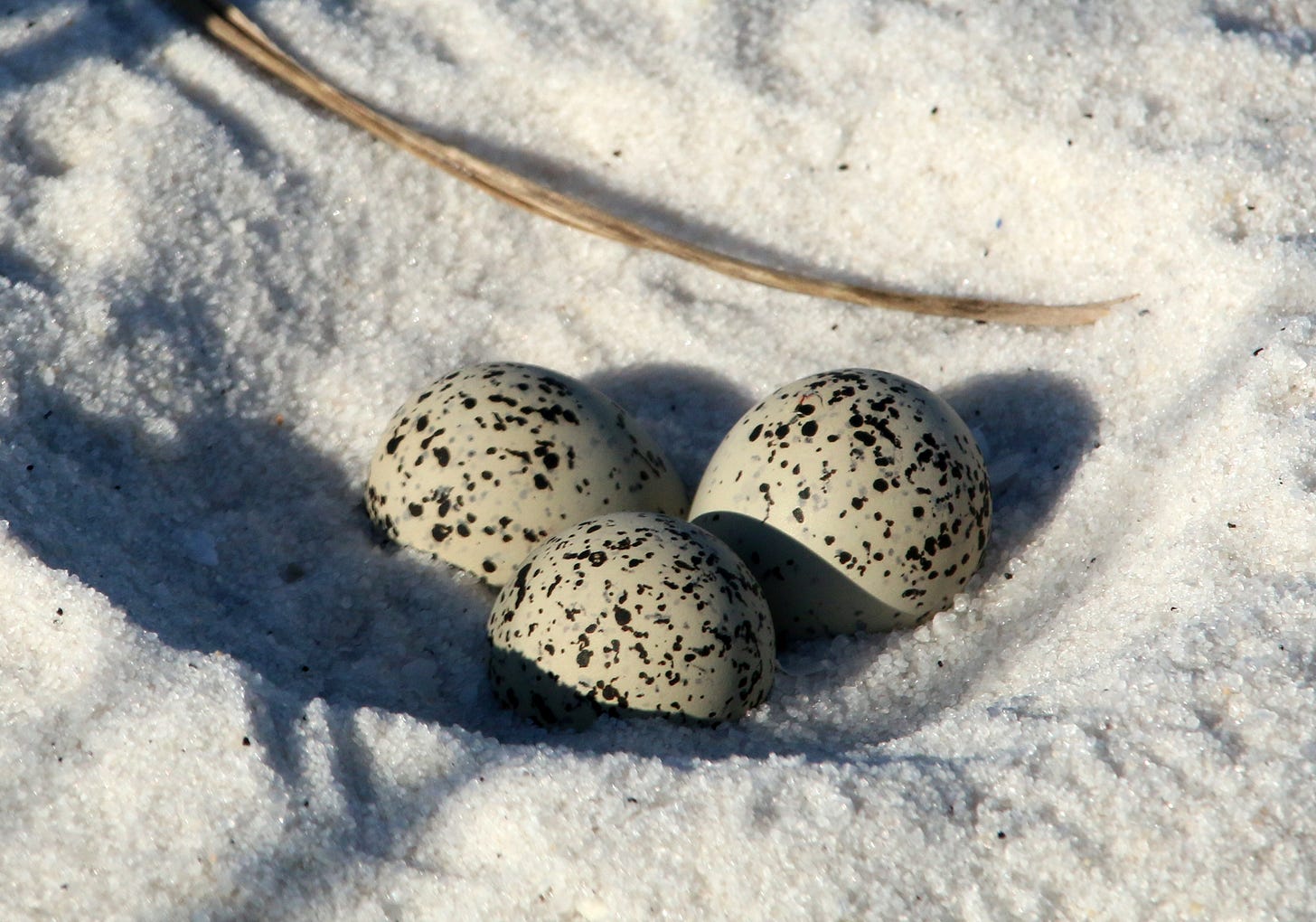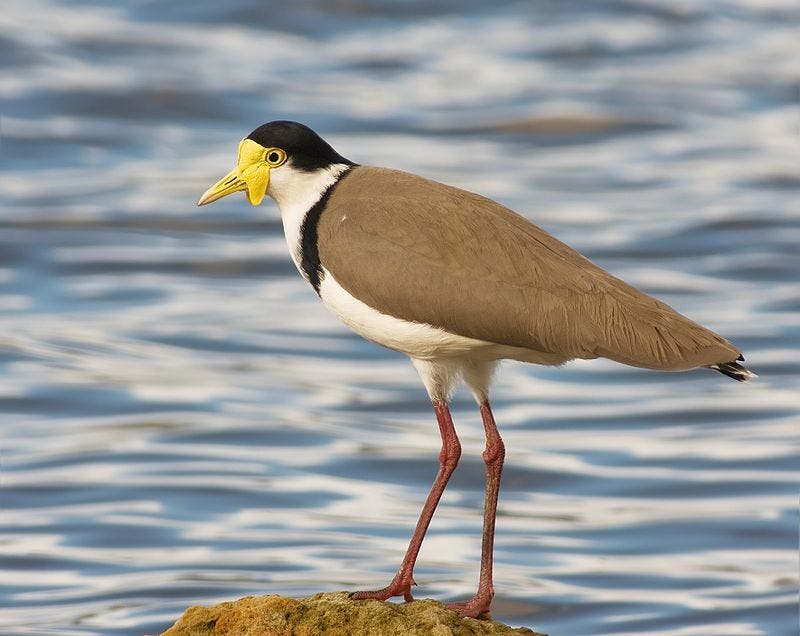📝 Thanks for reading Fran Magazine, a blog by Fran Hoepfner (me). This is the May book club, which is optional. If you haven’t made time for Lonesome Dove, I’ll see you on Sunday (or sooner, depending). Your subscriptions are welcome and encouraged for regular updates sent to your inbox (email, Substack, or both). Feel free to follow me on Instagram or Letterboxd. 📝
Pit stops
I’ll confess myself behind on the reading, knocked back by a full-day migraine on Saturday — the nicest weather day of the year so far. (Hence no Sunday Dispatch either… but we’ll all catch up soon, I promise!) That in tandem with an early morning screening — I cannot yet comment on the live action Lilo & Stitch, lol — really set me behind when I was supposed to be finishing up my weekly reading. I read through Chapter 64 instead of Chapter 67, but I don’t want to let these discussions get too delayed. With a holiday weekend on the horizon, I’m sure I’ll catch up in the next couple of days!!
Body count
It’s been an extremely stressful few weeks for our friends in Lonesome Dove who are not even quite out of Texas yet. While the brutality these characters have suffered up til now have mostly been environmental or of their own devices — the repeated themes of violence of men against their wives, specifically — this section has finally introduced a malevolent outer evil in the form of Blue Duck, a Comanche bandit who travels with a gang of criminals. Jake Spoon — useless — leaves Lorena, and though Gus puts Newt in charge of keeping watch, Blue Duck abducts Lorena anyway.
Over the course of getting Lorie back, Gus links up with July Johnson and Joe who reconnected with Roscoe and Janey, the foursome all traveling together to look for Elmira. After several violent episodes, only Gus, Lorie, and July remain, Roscoe and Joe and Janey and many of Blue Duck’s men all left killed. These are gruesome scenes, bitter and cruel. I was impressed and horrified by the way in which McMurtry renders Roscoe’s encounter with Blue Duck where he’s clearly going through the camp killing and Roscoe is barely conscious or aware or keen enough to really understand what is happening before it’s too late. The woozy nature of the prose there was kind of a marvel — I went back and reread it a few times, knowing what was happening but feeling as Roscoe did. In over my head. I can’t say I miss Roscoe, but Janey was a fun presence — to throw a rock is cool — and I wondered if Joe was going to serve as some kind of foil to Newt, these boys without mothers. Alas. And while Lorie is certainly alive — she’s certainly worse for the wear, a victim of sexual violence and shell-shocked to the point of silence. Eventually on her travels back to the Hat Creek crew with Gus she starts talking again so they can play cards, but otherwise we hear very little from her. That said, I think my favorite moment in the most recent section is when — as Blue Duck’s gang are all being horrible to each other — Lorie has turned away from the violence and presses her ear towards the ground only to hear Gus on horseback coming up before anyone else does. There’s a visceral, natural quality to that — I love that the environment tells her there is still hope when there’s been so little of it so far.
Bill Spettle also got zapped by lightning - RIP - this is something I used to be really afraid of as a kid.
Blue Duck
Blue Duck’s late(ish) entry into the action was compelling to me not just because he’s representative of a merciless evil we’ve yet to see in this world — though it’s been gestured towards — but because I found myself wondering the extent to which a novel like this may or may not “require” a villain. Part of what feels so revolutionary about the novel is the extent to which McMurtry is both commenting on and indulging in the stereotypes of the Western; I didn’t necessarily expect this to have a post-modern vision of how the West and the indigenous populations of America “got along,” but I did find myself thinking about what this does or does not represent within this greater narrative (while also acknowledging that Lonesome Dove is one of four in a series, kind of).
Blue Duck is based, in part, on Bluford “Blue” Duck — a real Cherokee outlaw who (from slightly more than surface-level research) seemed much less ruthless than his fictional counterpart. That Lonesome Dove’s Blue Duck has been set up as this arch-nemesis, of sorts, to Gus is curious if only because I feel as though Gus already has a dramatic counterpart in Call.1 If nothing else, all three of these men feel representative of a dying species. Part of what the deaths feel so bitter and horrible in Lonesome Dove is because these people are literally going instinct: whole family lines are dying out, they are almost quite literally melting back into the earth. Call and his ever-wary readiness for battle, Gus and his western ways, Blue Duck and his untethered violence — these are not really sustainable ways of life. They may once have been, but aren’t anymore.
What once appeared to me a chiller’s novel about hanging out with people you know and getting mad at them on the road has transformed into a narrative that is much more survival-driven: we don’t know if these character will survive in part because this type of living does not really exist anymore. I find myself caring much less about the will they/won’t they of everyone’s petty little domestic arcs — Lorie getting to San Francisco now matters for totally different reasons. She seeks a liberation from the violence that’s come to define so much of her young adult life. If it’s taken them just over half the book to cross the Texas border, there’s still a long ways towards Montana to go. Blue Duck trailing the Hat Creek crew — lurking on the margins of the wide plains — feels as though McMurtry is exposing all that’s left of this world on one big landscape. He is the magnifying glass over the ants. McMurtry isn’t malevolent in his narrative, but he is casting light in a brutal way. It’s up to his men (and women) to make their way into the shade.
Po Campo
I also forgot to mention that Bol — perhaps wisely — decided to bail on this whole affair. Good riddance to Bol: I hope you get home to your daughters that you love. #GirlDad! In place of Bol, we get a new cook called Po Campo who appears second to Gus in terms of general amiability, except for the fact that he seems to very nonchalantly share that he murdered his wife — a fact that even these relatively chill guys cannot really get on board with in an earnest way. That said, he makes them a giant omelet/quiche, so I’m glad our friends are getting their protein in.
Plover’s eggs
I had to google these.
And here’s a piping plover.
I’m not really a bird-head… it’s very possible I’ve seen a plover before and simply not realized it, but upon reading the word, it struck me I had no idea what kind of bird this was supposed to be.
I forgot to include a quote, here’s two:
With a movement so graceful it seemed almost gentle, Augustus reached across the bar and rapped the bartender above the ear with his gun barrel. A tap was enough. The bartender slid out of sight and was seen no more.
Borderline slapstick.
She found her silent hard to give up — it seemed her the best weapon against the things that could happen.
I think next week we need to discuss how NOISE and SOUND play such a big part in this novel. Until then!
Perhaps we’ve yet to get into the relationship between Call and Duck — more TK, I guess.








Bol going back to Lonesome Dove to “beat the bell a few more times” 🥺
July’s letter to Elmira 🥺🥺🥺
When you realize Gus is about to link up with July/Roscoe/Joe/Janey 🤠
8 pages later 😳
Strongest underline: “Does it ever occur to you that everything we done was probably a mistake?… Me and you done our work too well. We killed off most of the people that made this country interesting to begin with.” Standout passage of this book so far to me.
The depiction of Lorena processing her trauma really took my breath away at times, especially when Gus seems to understand it so well—“she won’t forget it, but she might outlive it” will stick with me.
Also I love the guy with the bones that Gus meets when he’s trying to find Lorena. It felt like a segment from another novel entirely, heightened and almost dreamlike in a way. This world feels so full and so empty at the same time.